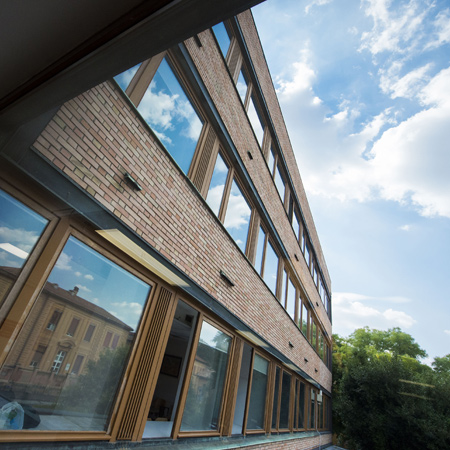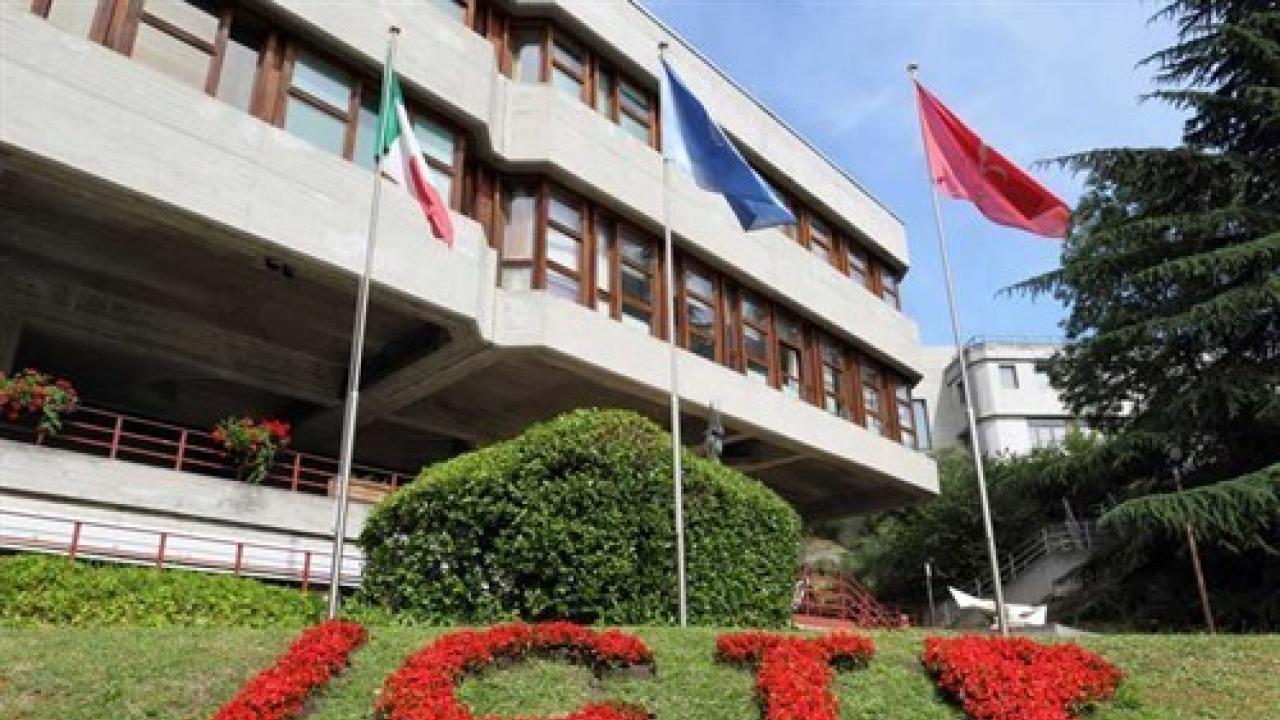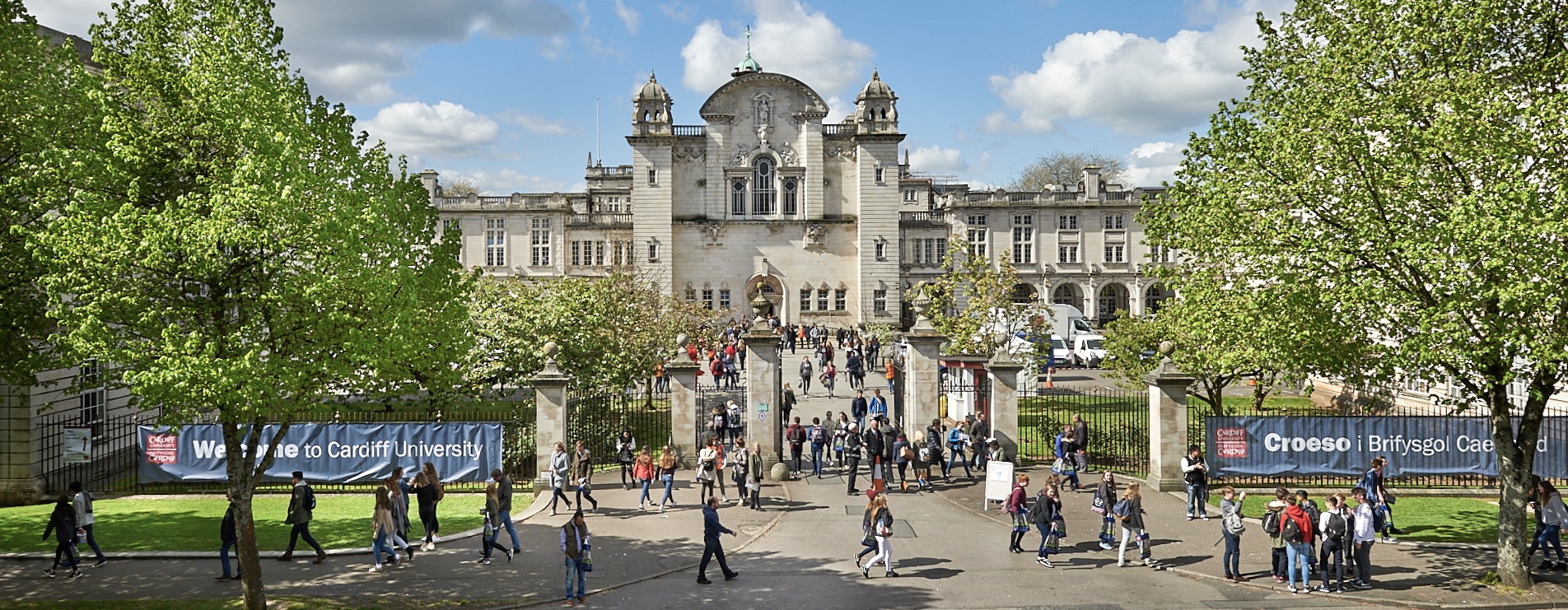Mapping Class Groups: Pronilpotent and Cohomological Approaches
Date: 17 - 22 September 2023
Location: SwissMAP Research Station
Event type: Conference
Organisers: Nariya Kawazumi (Tokyo), Gwénaël Massuyeau (Bourgogne), Hiroaki Nakamura (Osaka), Takuya Sakasai (Tokyo) and Christine Vespa (Strasbourg)
The mapping class group (in short, MCG) of a surface is a fundamental object of study in topology and in geometry, where it is regarded as the orbifold fundamental group of the moduli space of Riemann surfaces homeomorphic to the surface. Based on Tillman’s works, Madsen and Weiss proved that the stable part of the rational cohomology algebra is generated by the Mumford-Morita-Miller tautological classes. Before that, Johnson proposed to study the MCG through its action on the pro-nilpotent completion of the fundamental group of the surface. The two approaches to the mapping class group — cohomological and pro-nilpotent — were bridged in Morita’s works.
Recently, new developments occured: functor homology proved to be very useful to compute the twisted cohomology of the MCG, and the theory of “Johnson homomorphisms” benefited from explicit computations in small degrees. Furthermore, the theory was related to quite different topics: the anabelian geometry of Grothendieck, the universal finite-type invariants of 3-manifolds, the Goldman-Turaev Lie bialgebra or the Kashiwara-Vergne problem.
The purpose of this conference is to strengthen these recent advances on cohomological and pro-nilpotent approaches of the MCG at the crossroad of algebraic topology, low-dimensional topology, group theory, number theory and Lie theory. Thought of as a sequel to the series of workshops “Johnson homomorphisms and related topics” held in Tokyo in the last years, it is intended to reach a wide community of mathematicians across Europe and beyond.
Related events
See all events
New Methods in Evolution Partial Differential Equations
Princeton University

Fundamental Geometries
SAIS-JHU Bologna

International Conference on Complex and Differential Geometry
ICTP

British Mathematical Colloquium
Cardiff University